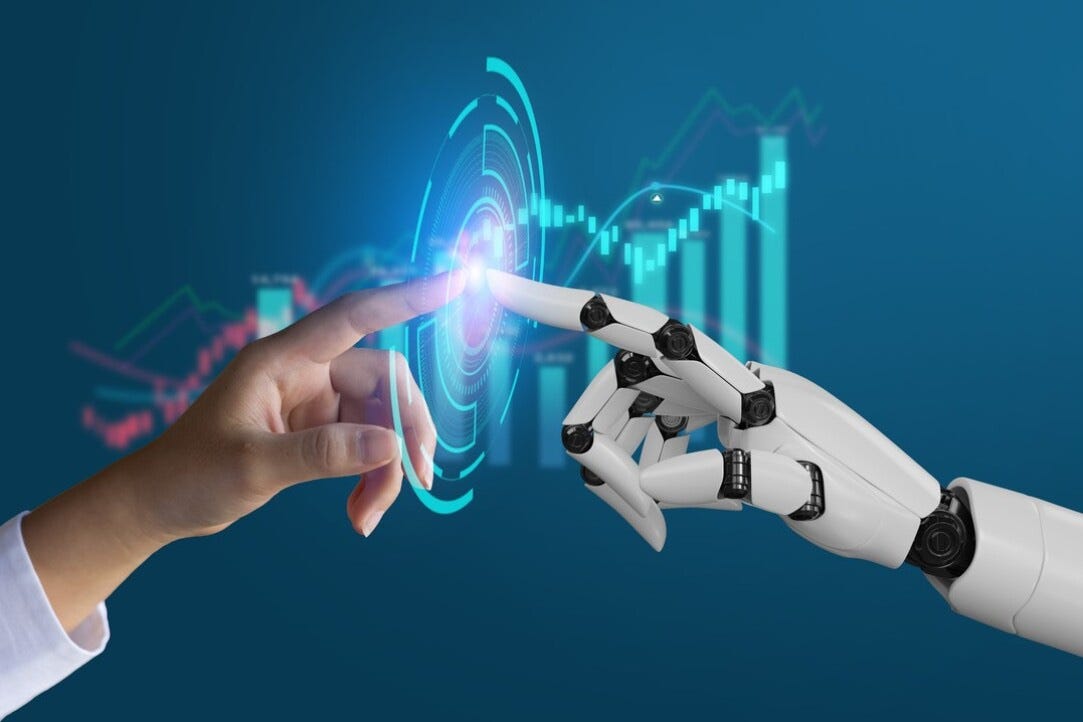
In the rapidly evolving landscape of technology, constant innovation has become the cornerstone of progress. From artificial intelligence to biotechnology, recent years have witnessed groundbreaking developments that are reshaping the way we live, work, and interact with the world. In this article, we’ll explore some of the most noteworthy technological advances that are propelling arizonaupdate.com us into a future defined by unprecedented possibilities.
Table of Contents
ToggleArtificial Intelligence (AI) and Machine Learning (ML):
AI and ML have emerged as driving forces behind transformative technological advances. Machine learning algorithms enable systems to learn from data, improving their ability to perform tasks without explicit programming. AI applications are now prevalent in various sectors, from healthcare and finance to manufacturing and customer service. The ability of AI to analyze vast amounts of data and derive meaningful insights is revolutionizing decision-making processes and enhancing efficiency.
5G Technology:
The advent of 5G technology is ushering in a new era of connectivity. With faster speeds, lower latency, and increased capacity, 5G is set to power the next generation of communication and enable innovations such as the Internet of Things (IoT), autonomous vehicles, and augmented reality. The widespread deployment of 5G networks promises to transform the way we access information and communicate, fostering a more interconnected and efficient world.
Biotechnology and CRISPR:
Biotechnological advancements, particularly in gene-editing technologies like CRISPR (Clustered Regularly Interspaced Short Palindromic Repeats), have opened up new frontiers in healthcare and agriculture. CRISPR allows precise editing of genes, offering the potential to treat genetic disorders, create genetically modified organisms, and develop more resilient crops. The ethical implications of gene editing continue to be a topic of debate, but there’s no denying its potential to revolutionize medicine and agriculture.
Quantum Computing:
Quantum computing represents a paradigm shift in computational power. Unlike classical computers that use bits, quantum computers use qubits, which can exist in multiple states simultaneously. This allows quantum computers to perform complex calculations at speeds unattainable by classical computers. Though still in the early stages of development, quantum computing holds the promise of solving problems deemed impossible until now, such as optimizing complex systems and breaking currently unbreakable encryption.
Robotics and Automation:
Advancements in robotics and automation are transforming industries and the workforce. From robotic process automation (RPA) in business operations to advanced robots in manufacturing and healthcare, automation is streamlining processes and increasing efficiency. Collaborative robots, or cubits, are designed to work alongside humans, enhancing productivity and safety in various environments.
Conclusion:
As we stand on the cusp of a new technological era, these advancements are not only shaping the present but also laying the foundation for a future where the boundaries of what is possible continue to expand. The convergence of these technologies has the potential to address complex challenges and create solutions that were once the realm of science fiction. However, with these opportunities come ethical considerations and the responsibility to navigate the impact of these innovations on society. As we move forward, it is essential to approach technological advances with a thoughtful and ethical mindset, ensuring that progress benefits humanity as a whole.

